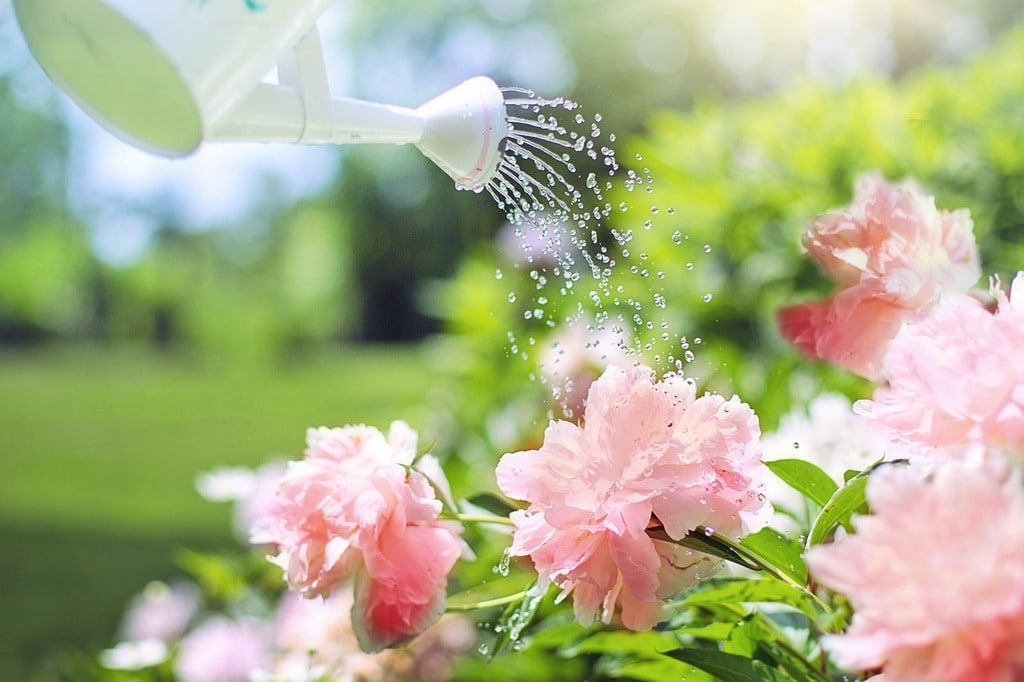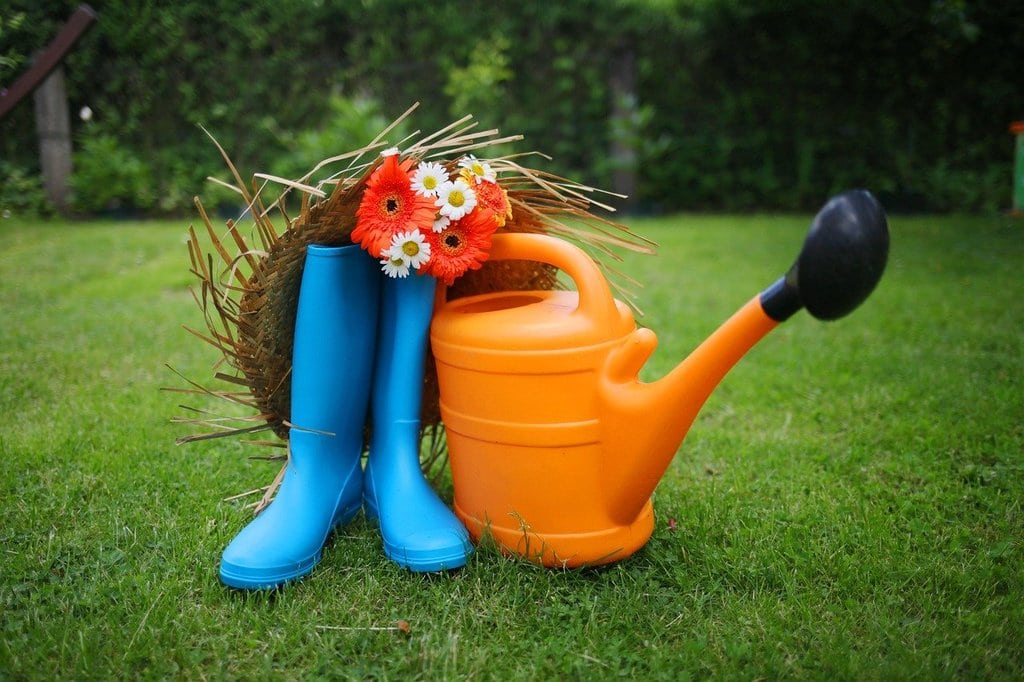Essential gardening tips for a beautiful home garden

Gardening can transform your home into a tranquil haven, filled with vibrant colors and soothing green spaces. Creating a beautiful home garden requires a blend of planning, knowledge, and effort. Here are some essential gardening tips to help you achieve a stunning and thriving garden.
Key Tips for Crafting a Beautiful Home Garden
Starting with a solid foundation is the first step to a successful garden. One must consider the climate, soil type, and available space. Begin by evaluating your garden area. Is it sunny or shaded? Does the soil drain well, or is it prone to waterlogging? Understanding these factors will help in selecting the right plants that will thrive in your specific conditions.
Soil Preparation
Healthy soil is the cornerstone of a thriving garden. Prioritize enhancing the soil quality before planting. Test the pH levels to determine if any amendments are necessary. A balanced pH ensures that plants can absorb nutrients effectively. Incorporate organic matter such as compost or manure into the soil to improve its structure, fertility, and moisture-retention capabilities. Well-prepared soil not only supports robust plant growth but also reduces the need for chemical fertilizers.
Choosing the Right Plants
Selecting plants that are well-suited to your climate and soil type is essential for a flourishing garden. Native plants are a great choice as they are adapted to the local environment and require less maintenance. Consider the height, color, and blooming season of the plants to create a garden that has year-round appeal. Mix perennials with annuals to ensure continuous flowering and visual interest throughout the seasons.

Watering Techniques
Proper watering is vital for plant health. Overwatering can lead to root rot, while underwatering causes stress and stunted growth. Water plants early in the morning or late in the evening to minimize evaporation and allow roots to absorb moisture efficiently. Utilize drip irrigation systems or soaker hoses to deliver water directly to the plant roots, reducing water wastage. Mulching around plants can also help retain soil moisture and suppress weed growth.
Pest and Disease Management
Maintaining plant health is crucial in preventing pest infestations and diseases. Regularly inspect plants for signs of trouble, such as discolored leaves, holes, or wilting. Introduce beneficial insects like ladybugs and predatory wasps to control harmful pests naturally. Practice crop rotation and proper spacing to reduce the risk of disease spread. If necessary, use organic or environmentally friendly pesticides to manage severe infestations.
Pruning and Maintenance
Regular pruning promotes healthy growth and enhances the appearance of plants. Remove dead or diseased branches to prevent the spread of infections. Pruning also encourages flowering and fruiting in many plants. Keep garden tools clean and sharp to make precise cuts and reduce plant stress. Maintaining the garden involves not just pruning but also regular weeding, mulching, and monitoring plant health.
Here are some quick tips to keep in mind for a beautiful home garden:
- Test soil pH and amend if necessary
- Choose native and climate-appropriate plants
- Water early morning or late evening
- Use mulch to retain soil moisture
- Introduce beneficial insects
- Prune regularly for healthy growth
Enhancing Aesthetics with Garden Design
A well-designed garden is not only about plants but also about creating a harmonious space. Consider adding elements like pathways, garden furniture, water features, and decorative pots. These additions can make the garden more inviting and functional. Use different heights, textures, and colors to create visual interest and depth. Group plants with similar water and sunlight needs together to simplify maintenance.
Sustainable Gardening Practices
Sustainability in gardening contributes to environmental conservation and reduces waste. Composting kitchen scraps and garden waste produces rich organic matter that can be returned to the soil. Rainwater harvesting systems collect and store water for garden use, reducing reliance on municipal water supplies. Using native plants and organic fertilizers minimizes the ecological footprint of your garden.
Creating a Relaxing Outdoor Space
Transforming your garden into a serene retreat involves more than just plant selection and maintenance. Incorporate seating areas where you can unwind and enjoy the beauty of your garden. Install lighting to highlight key features and extend the usability of the garden into the evening hours. Add personal touches such as garden art, sculptures, or themed decorations to reflect your style and personality.
With thoughtful planning and consistent care, your home garden can become a beautiful, thriving sanctuary that brings joy and relaxation. Embrace the process and enjoy the rewards of a stunning garden space.
